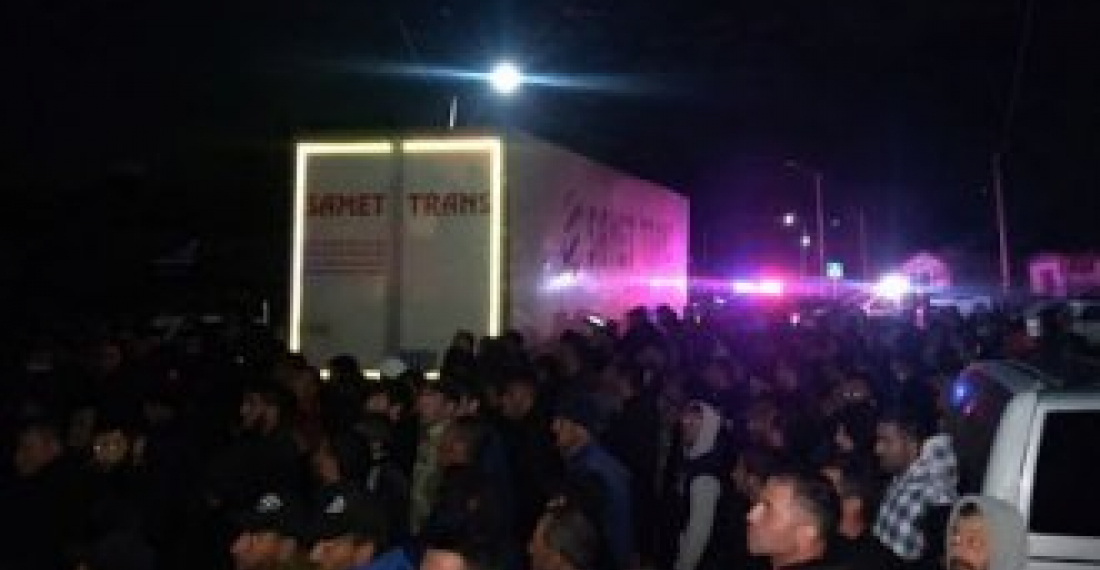With fighting between Armenians and Azerbaijanis raging in the Nagorno-Karabakh conflict zone, a relative peace and "business as usual" atmosphere between different national minorities in Georgia is now under serious pressure.
The current crisis is likely to affect the large Armenian and Azerbaijani communities, which have been living until now side by side in relative peace and stability.
Georgia is the most ethnically diverse state in the South Caucasus and Azerbaijanis and Armenians form the largest group of ethnic minorities, together making up more than 500,000 citizens of Georgia.
The Azerbaijani community numbers 284,761 persons, according to the "National Integration and Tolerance in Georgia Assessment Survey Report 2007-2008". Azerbaijanis are the country's largest ethnic minority group, inhabiting mostly rural areas in Kvemo Kartli, Kakheti, Shida Kartli and Mtskheta-Mtianeti, and they have around 117 Azerbaijani-language schools.
On the other hand there are nearly 248,929 Armenians in Georgia, again according to the "National Integration and Tolerance in Georgia Assessment Survey Report 2007-2008", living mostly in Samtskhe-Javakheti region and in Tbilisi, with 141 Armenian-language schools.
Both communities play an active role in the Georgian economy. They are mainly engaged through small or a medium-sized businesses, mainly in the services sector, agriculture and trade.
They also traditionally take an active part in the political life of the country, especially during the parliamentary elections, where minorities traditionally vote for the ruling party in Georgia.
But with the war in Karabakh a relative peace and "business as usual" with these communities could change and this could affect Georgia especially in these challenging moments, with upcoming parliamentary elections, and a spike in the number of covid-19 cases that are now the highest since the outbreak of the pandemic which has also taken a heavy toll on the economy.
Georgia traditionally has good relations with both Azerbaijan and Armenia, both economically and politically. The life of all three republics has always depended to one degree or another on the stability and well-being of each other and co-existing of this communities in Georgia has always been the proof of the possibility of peace between their home-countries.
Until now, there have been no major incidents between these communities, and it seems that the Georgian authorities are keen to keep it that way and dealing with the issue with a high degree of sensitivity.
On Monday, however, we saw the first sign of tension. A small incident developed when humanitarian aid from the Armenian-speaking community of Samtskhe-Javakheti was stopped by Georgian border guards on the Georgia-Armenian border. A group of Georgian-Armenians were also not allowed to cross the border, since they were suspected of going to join the war effort.
The incident appears to have been defused, but it was just a sign of what can happen in the future. The Georgian government appears to be seriously worried about the situation, and has offered to host talks between the Armenian and Azerbaijani governments in Tbilisi. However as long as the fighting continues, the stress on Georgia's delicate inter-ethnic relations will also continued.
related content: Commentary: The high cost in human life of the current fighting in Karabakh
Source: This report was prepared by the Commonspace.eu South Caucasus Bureau in Tbilisi
Photo: A stand-off at the Georgian-Armenian border on 29 September 2020 (picture courtesy of JNews.ge, Tbilisi







